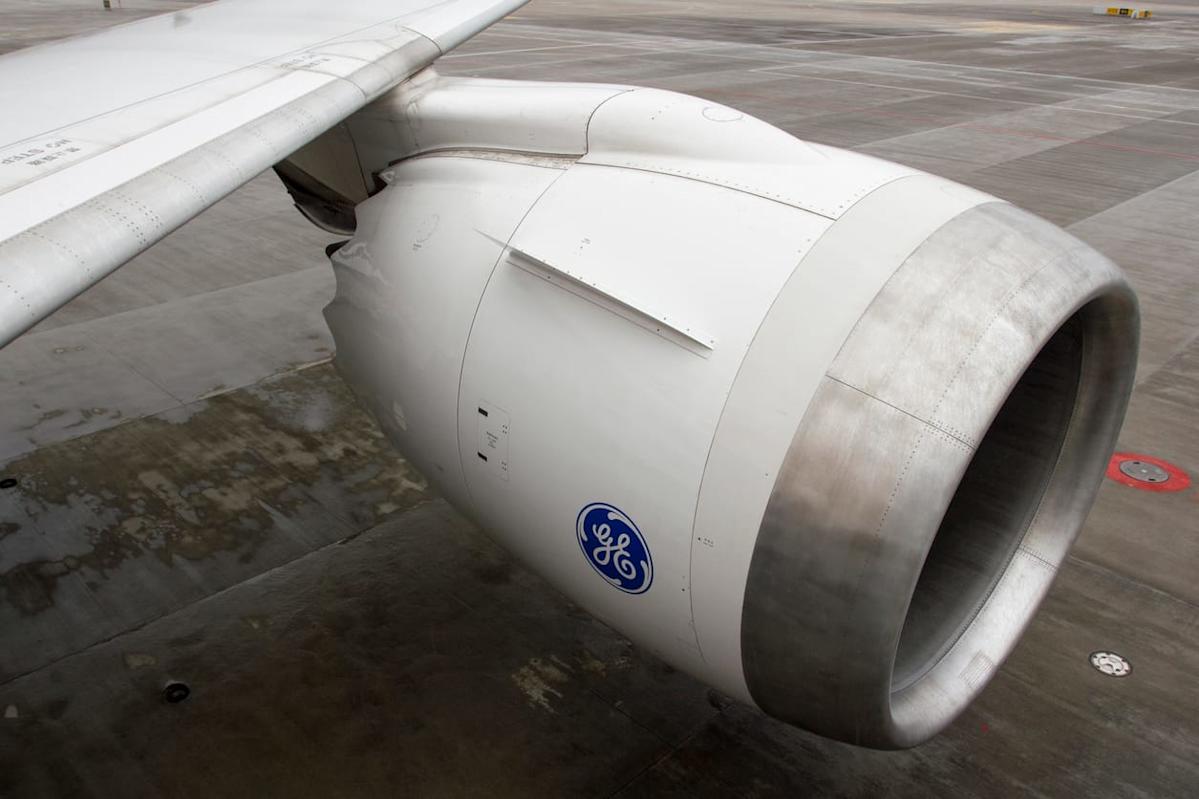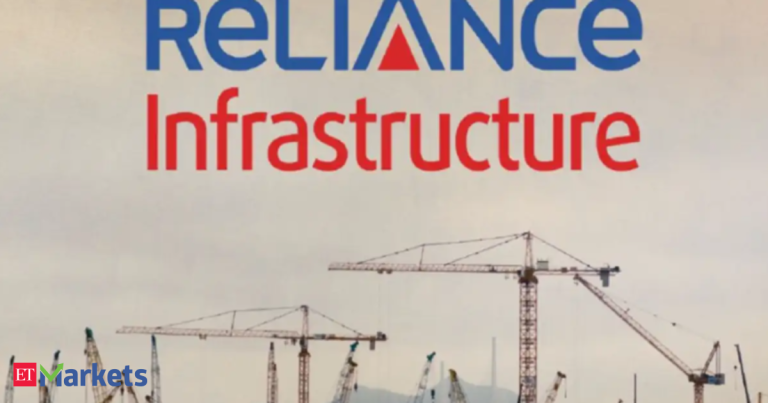GE Aerospace (GE) will release its second quarter 2025 financials on Thursday, July 17. Shares of the company have been on a strong upward trajectory this year, with its stock soaring more than 55% since the beginning of the year. This impressive rally reflects the continued momentum in the company’s order book and solid revenue and earnings growth.
In the first quarter of 2025, GE Aerospace delivered strong results, highlighted by substantial growth in both revenue and earnings per share (EPS). Orders saw a notable 12% increase, driven primarily by commercial services, while revenue rose by 11%. GE reported a profit of $2.1 billion, reflecting a significant 38% increase from the previous year, driven by increased service volume, a favorable product mix, and pricing strategies.
Moreover, margins expanded by 460 basis points to 23.8%. EPS surged to $1.49, up 60% year-over-year, bolstered by profit growth and reduced share count resulting from buyback initiatives.
Looking ahead, GE Aerospace maintains a robust commercial backlog of about $140 billion, providing a solid foundation for future growth. As the company will soon announce second-quarter results, let’s look at analysts’ expectations for Q2.
GE Aerospace is witnessing strong demand, with its second quarter shaping up to build on the momentum seen earlier this year. In the first quarter, the company outperformed expectations, thanks mainly to higher spare parts volume and a favorable services mix. That trend will likely continue, laying the foundation for another impressive performance.
One of the key growth catalysts for GE Aerospace is its Commercial Engines & Services (CES) segment. CES is currently leveraging its large installed base of commercial aircraft engines, which is translating into solid financials. Orders in the segment surged 31% year-over-year in Q1, while revenue climbed 17%. This impressive growth translated to a 35% increase in total operating profit, reflecting the strength and scale of the company’s aftermarket services.
Recent significant commitments from top global carriers will likely further drive CES’s performance. Its considerable wins on the commercial front included a significant engine commitment from Japan’s All Nippon Airways (ANA). ANA also opted for the company’s GEnx engines, solidifying its long-term partnership with GE Aerospace.







